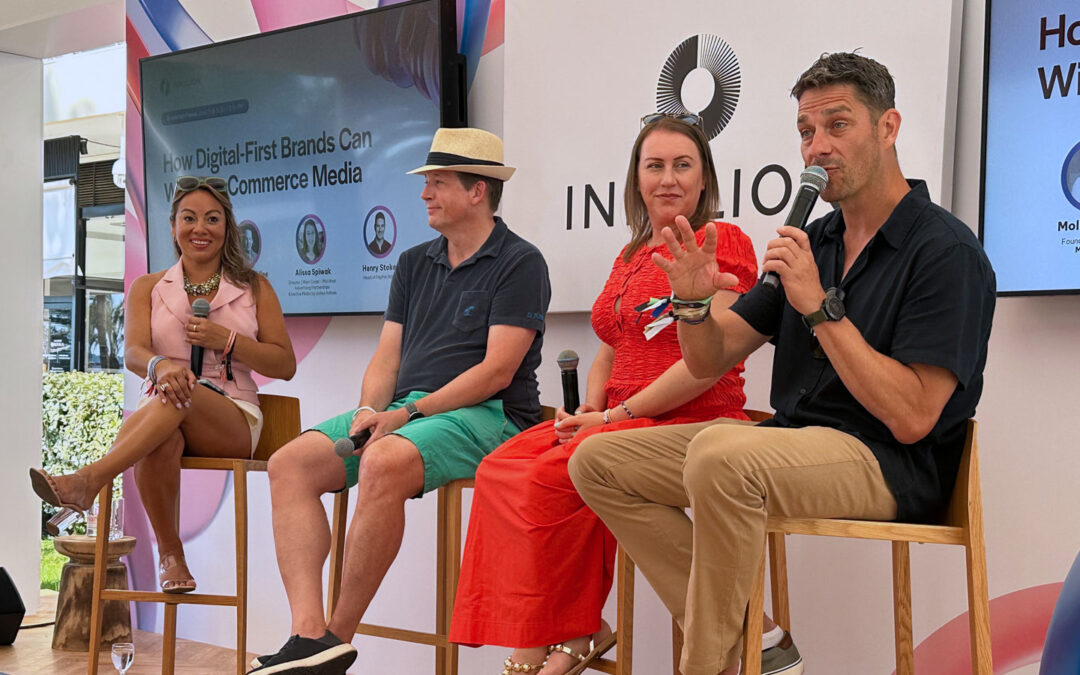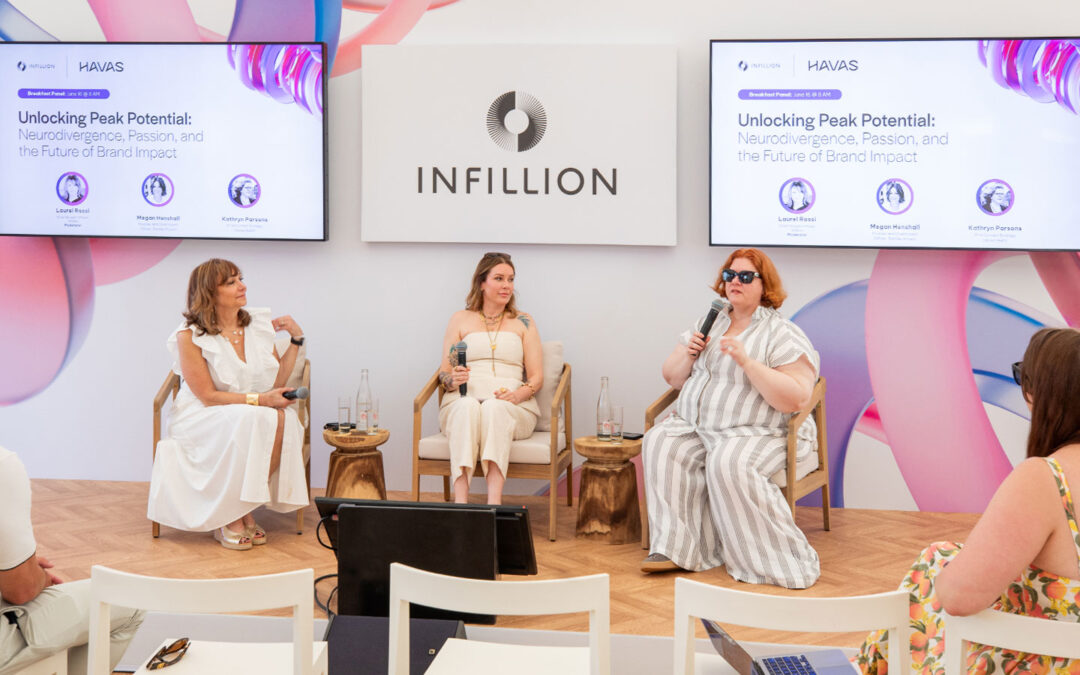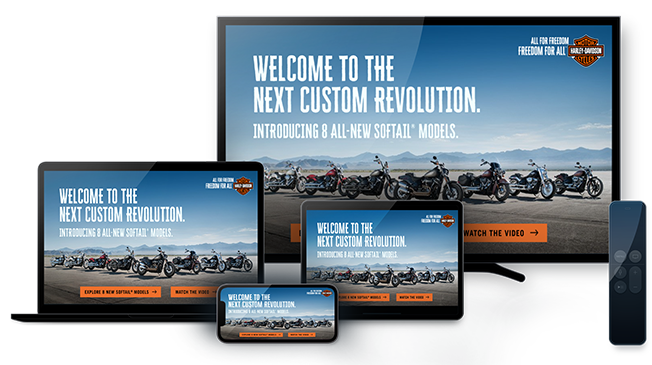Ad Net Zero: Why the Ad Industry Should Give a Hoot About Climate Change

The ad industry has long prided itself in finding creative inspiration in unexpected places, but a few years ago longtime executive John Osborn’s journey took a turn that was unusual even by a creative agency’s standards: It involved an owl.
Driving north on Interstate 91 in Vermont at dawn en route to an alumni function at Dartmouth College, Osborn attempted to avoid a majestic owl that was swooping into the path of his car, only to miscalculate and hit the bird. Unable to slow down safely in time, he drove away from the owl that was now lying injured by the side of the highway. In his rear view mirror, he saw another car – which had been driving more slowly – pull up next to the owl, and he had a glimmer of hope that maybe the poor bird had a chance after all.
Unable to shake the feeling that he could have done more, Osborn called the Vermont Institute of Natural Science’s wild bird rehab operations, which are the go-to for avian injuries in the Green Mountain State, and asked if anyone had brought in an owl that had been hit by a car in that location. Sure enough, the owl was being treated for its injuries and its prognosis was good. Osborn donated to cover its medical bills, and in turn received updates on its recovery progress. But the lessons from the day stuck with him: No matter how fast we’re moving, we can take a moment to slow down, help each other and do something to make the world a little better.
Osborn is now taking that lesson to the rest of the advertising industry as the U.S. director of Ad Net Zero, an industry organization originally founded in the U.K. to elevate the ad industry’s standards in its approach to combating climate change. And for Earth Day 2023, Infillion wanted to learn a little bit more.
“We have a shared common interest in creating a better pathway to the future and there’s tremendous opportunity here,” Osborn told Infillion in an interview. “We as an industry can harness all the competitiveness and firepower and specialization that’s key to how we do what we do, but in a collective way.”
Bringing talk into action – for an industry that prefers to focus on the talk
The advertising industry is well used to dabbling in themes of sustainability and environmental conservation – for better or for worse. Nearly two-thirds of millennials and Gen-Z say they’d be willing to pay more for an environmentally friendly product, and 77% of consumers say it’s at least moderately important that the products they buy be sustainable and environmentally responsible. In the face of numbers like this, the ad world is well accustomed to producing creative that emphasizes brands’ commitment to sustainability and tackling climate change. Sometimes they’re genuine. Sometimes, not so much.
But what about the ad industry’s own impact on the environment? From executives flying en masse to Cannes Lions every year to the emissions used to produce big-budget commercials, the notoriously fast-moving industry has historically ignored its carbon footprint. And that’s what Ad Net Zero, founded in 2020, is aiming to change. The organization has five stated goals for the ad industry:
- Curtailing advertising businesses’ own carbon emissions through a more thoughtful approach to travel, energy use, and waste
- Curbing the emissions used to produce advertising work
- Choosing media more mindfully, in ways that prioritize lower carbon emissions
- Incorporating sustainability into the industry’s intense calendar of events and awards competitions
- Using the ad industry’s clout and voice to push for change in consumer choices and behavior
“We are a broad church, with open doors for any company that touches the advertising operations ecosystem to play a role in helping us set goals, make progress, and strive toward net zero,” Osborn told Infillion.
Indeed, Ad Net Zero’s current member companies include Omnicom, Unilever, Google, Meta, Havas, and Publicis. In the U.S., they’re also collaborating closely with national trade groups like the 4As, ANA, and IAB.
Tackling climate change in a time of turmoil
Like any initiative committed to driving change, Ad Net Zero has faced some headwinds. Given the current economic atmosphere, some companies in the ad industry could consider combating climate change to be a “nice-to-have” rather than a priority. Osborn wants to emphasize that a rough economy doesn’t really change the situation; awareness of the climate crisis is sufficient that companies know it’s worth spending a bit more on.
“Like anything, regardless of what the economic state of affairs in the States is at any moment, all marketing comes down to decisions,” he says. “Whether it’s a tight economy, a robust economy, or something in between, the same principles apply, which is that important decisions and priorities need to be made. Regardless of the economic situation, tackling the climate crisis has risen from a consideration to a must-do.”
There’s also the role of COVID – and its end – to consider. One of Ad Net Zero’s goals is to encourage the industry to think more mindfully about travel and its carbon footprint. But once agencies lifted their travel restrictions as COVID waned, advertising professionals were eager to hop on planes and get back to business travel and the ability to close deals in-person.
“I personally am a big believer in the power of face to face and human interaction, but if we rewind the tape and we look at what happened during the pandemic, the advertising community pivoted instantly and went virtual like most businesses,” Osborn says. “What’s interesting is that in very short order the ad industry showed through its action that great media goes on, great measurement goes on, and great work goes on. But I think we all have a hangover from being exclusively glued to our screens. Therefore, we do think there are ways to get people together but to do it consciously rather than unconsciously. How we get together, the way we travel to get together, and the other ancillary aspects of getting together need to be considered just the way you would with a budget.”
Why tackling sustainability empowers the ad industry to do what it does best
At its core, advertising is all about creating messages that effect change, whether it’s a consumer choosing to buy one coffee brand over another, or to change their lives to incorporate a fitness routine – you get the picture. Ad Net Zero aims to tap into that inherent creative impulse to effect change when it comes to the ad industry tackling the climate crisis, from budgeting to planning to messaging.
“When the advertising industry can come together, we’ve seen them tackle big crises and big problems,” Osborn says. “We’re here to unify this crazy industry in creating standards that allow us to more consistently measure, track, and ultimately reduce carbon emissions.”
Measurement and tracking, after all, are pretty innate behaviors for ad industry professionals. But so is a commitment to driving change, according to Ad Net Zero – and not just among consumers. The ad industry needs to turn that power of influence inward, too. Even if it means slowing down a little.
Subscribe to our blog:
Related Posts:

The Consumer-First Approach To Commerce Media Network Success
Your airline is an ad platform now – and so is your bank. Commerce media networks are one of the most interesting areas of growth in advertising, and at Cannes Lions, plenty of them were onsite to talk about it. That’s a conversation that we explored at the Infillion...

Why Neurodiversity Will Lead The Way In The AI Era
One in five employees today identifies as neurodivergent – as having autism, ADHD, dyslexia, or other cognitive variations – and that’s only going to grow. According to research from ZenBusiness, fully half of Gen-Z identifies with neurodivergence on some level....

How Digital Out-Of-Home Is Turning Up The Volume At Music Festivals
If you have attended a music festival sometime in the past 20 years, you’ve probably wasted at least 5 minutes holding your phone above your head, trying to get even the slightest bit of signal with little success. The sheer number of electronic devices in the area...
Let's Connect
We can help you create the personalized ad experiences viewers expect.

